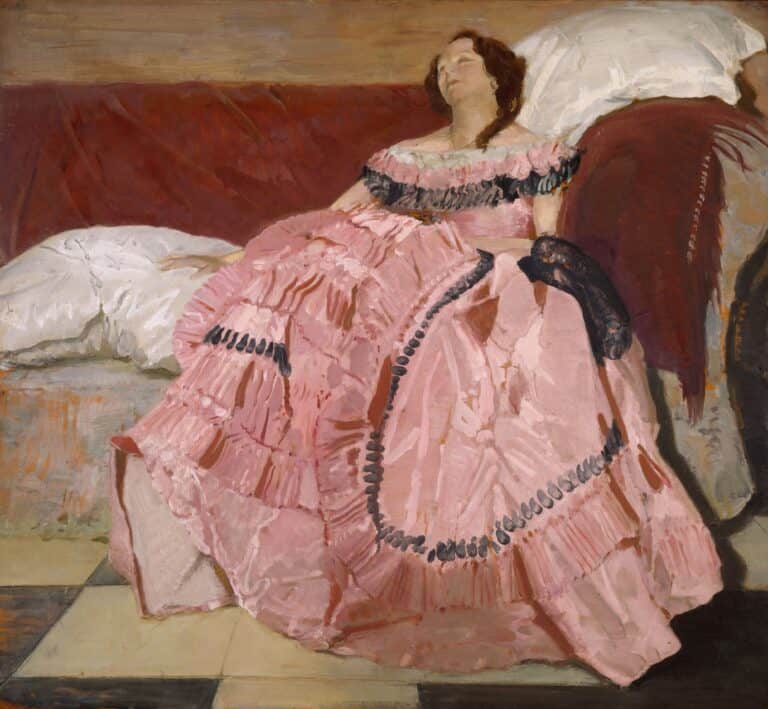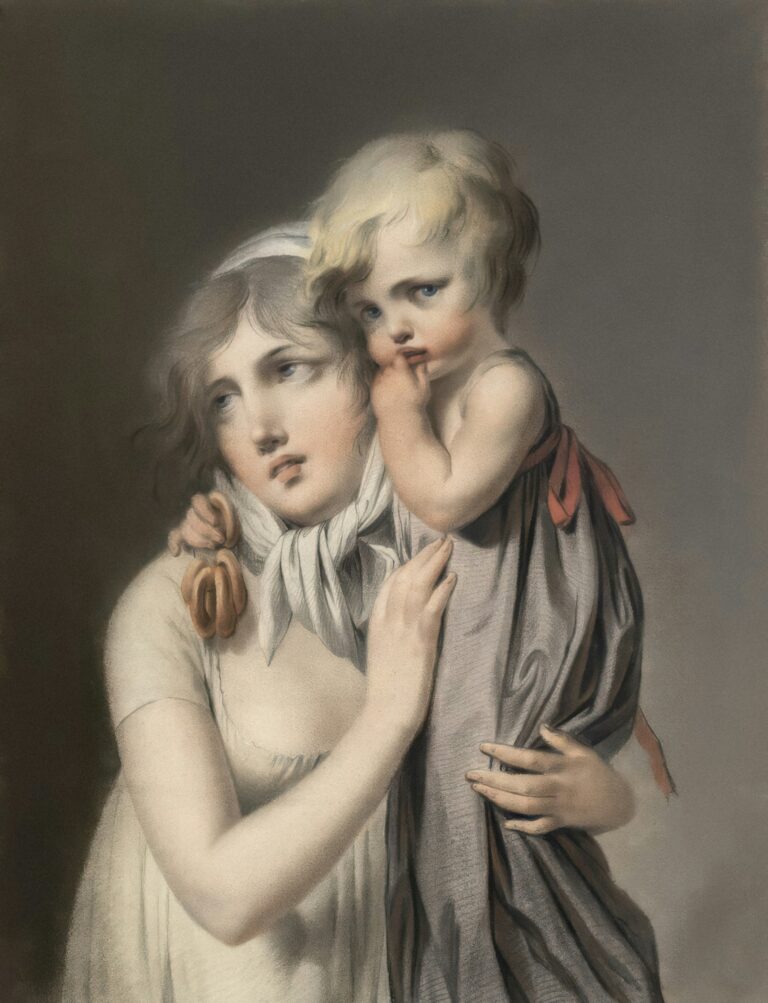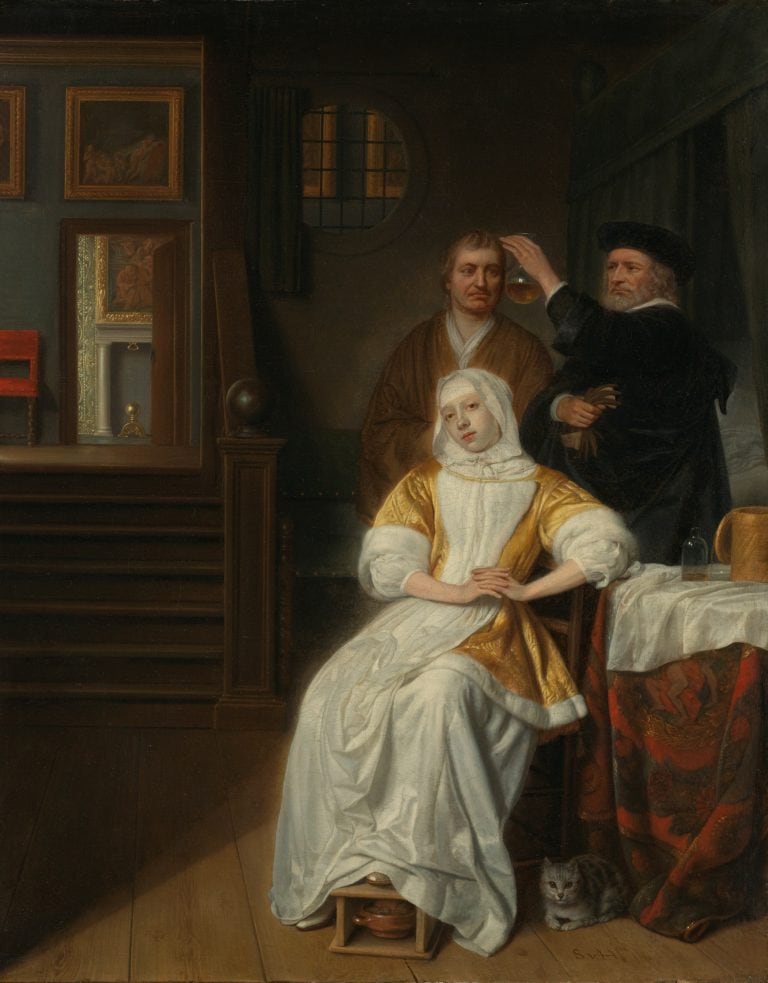Is OCD a Form of Depression?
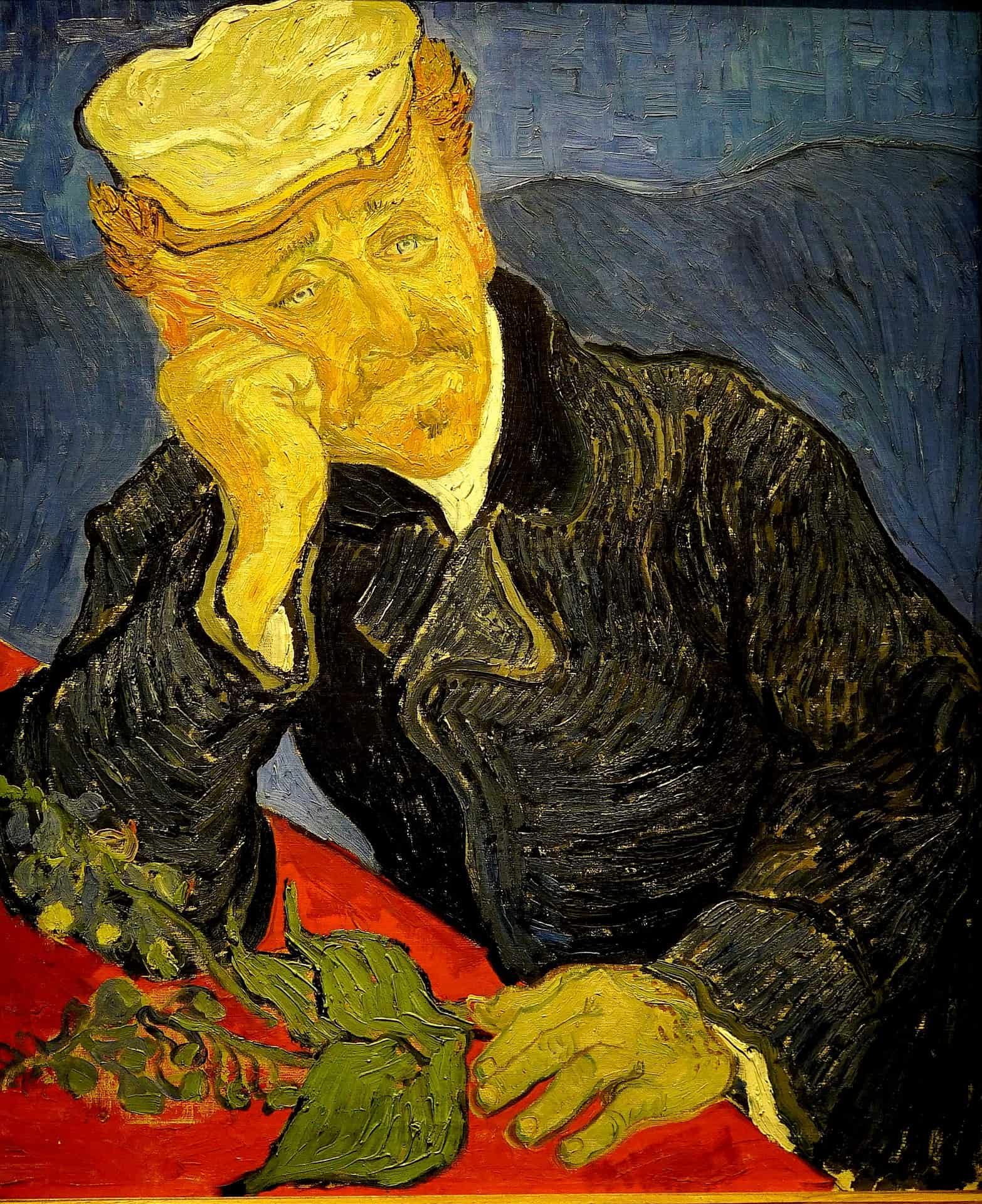
Obsessive-Compulsive Disorder (OCD) and depression are two distinct mental health conditions that can often coexist and share certain symptomatology. However, it is essential to understand that OCD and depression are separate disorders with their own diagnostic criteria, underlying mechanisms, and treatment approaches.
While individuals with OCD may experience depressive symptoms as a result of the chronic distress caused by their obsessions and compulsions, it is crucial to differentiate between the two conditions to provide appropriate care and support.
This article explores the relationship between OCD and depression, highlighting the distinctions between these disorders and shedding light on the complexities of their co-occurrence. Understanding the differences can contribute to more accurate diagnoses and effective treatment interventions for individuals who experience symptoms of OCD and depression.
This post answers the common question Is OCD a Form Of Depression?
What is Depression
Depression is more common than you think as it affects nearly 17 million Americans every year (about 7.1%) of the whole US population.
Major depressive disorder or MDD is a medical condition in which a person experiences long periods of feeling negative, affecting how they think, act and behave.
Depression is caused by negative feelings and emotions such as sadness and/or loss of interest in everyday life. Depression can limit your function as a productive human being and hinder quality of life overall.
Symptoms of Depression
- Long periods of sadness
- Loss of appetite
- Loss of interest in hobbies/activities once enjoyed
- Sleeping too much/ too little
- Loss of energy
- Loss of excitement
- Difficulty in concentration
- Reduced “normal” emotions such as happiness/boredom
- Extended periods of feeling “empty”
Need Assistance? Find organizations from eight different countries and counting by visiting our Help page!
Types of Depression
Depression is a mental health disorder characterized by persistent feelings of sadness, loss of interest or pleasure in activities, changes in appetite or weight, difficulty sleeping or oversleeping, fatigue, feelings of worthlessness or guilt, difficulty concentrating, and recurrent thoughts of death or suicide.
While depression is a broad term that encompasses various forms, here are some common types of depression:
Major Depressive Disorder (MDD)
Also known as clinical depression, this is the most common type of depression. It involves persistent feelings of sadness, hopelessness, and a lack of interest or pleasure in daily activities. Symptoms can be severe enough to interfere with daily functioning.
Persistent Depressive Disorder (PDD)
Formerly known as dysthymia, PDD involves a chronic form of depression lasting for at least two years in adults (or one year in children or adolescents). Symptoms are milder than those of MDD but can still interfere with daily life.
Seasonal Affective Disorder (SAD)
This type of depression is related to seasonal changes, with symptoms typically occurring during the fall and winter months when there is less sunlight. People with SAD may experience low mood, fatigue, increased sleep, and weight gain.
Postpartum Depression (PPD)
PPD affects women after childbirth. It involves intense feelings of sadness, anxiety, and exhaustion that can make it challenging to care for oneself and the baby. PPD can occur within a few weeks to several months after delivery.
Bipolar Disorder
Although it is primarily characterized by alternating periods of mania and depression, bipolar disorder includes depressive episodes. During the depressive phase, individuals may experience similar symptoms to those with MDD.
Psychotic Depression
This type of depression involves severe depression accompanied by psychotic symptoms such as hallucinations or delusions. Individuals may have false beliefs or perceive things that are not real.
Atypical Depression
Atypical depression refers to a subtype of depression where individuals experience mood reactivity, meaning their mood can improve in response to positive events. Other symptoms include increased appetite, weight gain, excessive sleep, and feeling physically heavy or weighed down.
It’s important to note that depression is a complex condition, and individuals may experience a combination of different types or variations of symptoms. If you or someone you know is experiencing symptoms of depression, it’s recommended to seek professional help from a mental health provider for an accurate diagnosis and appropriate treatment.
More on OCD? – Download our FREE OCD Worksheets now!
Causes of Depression
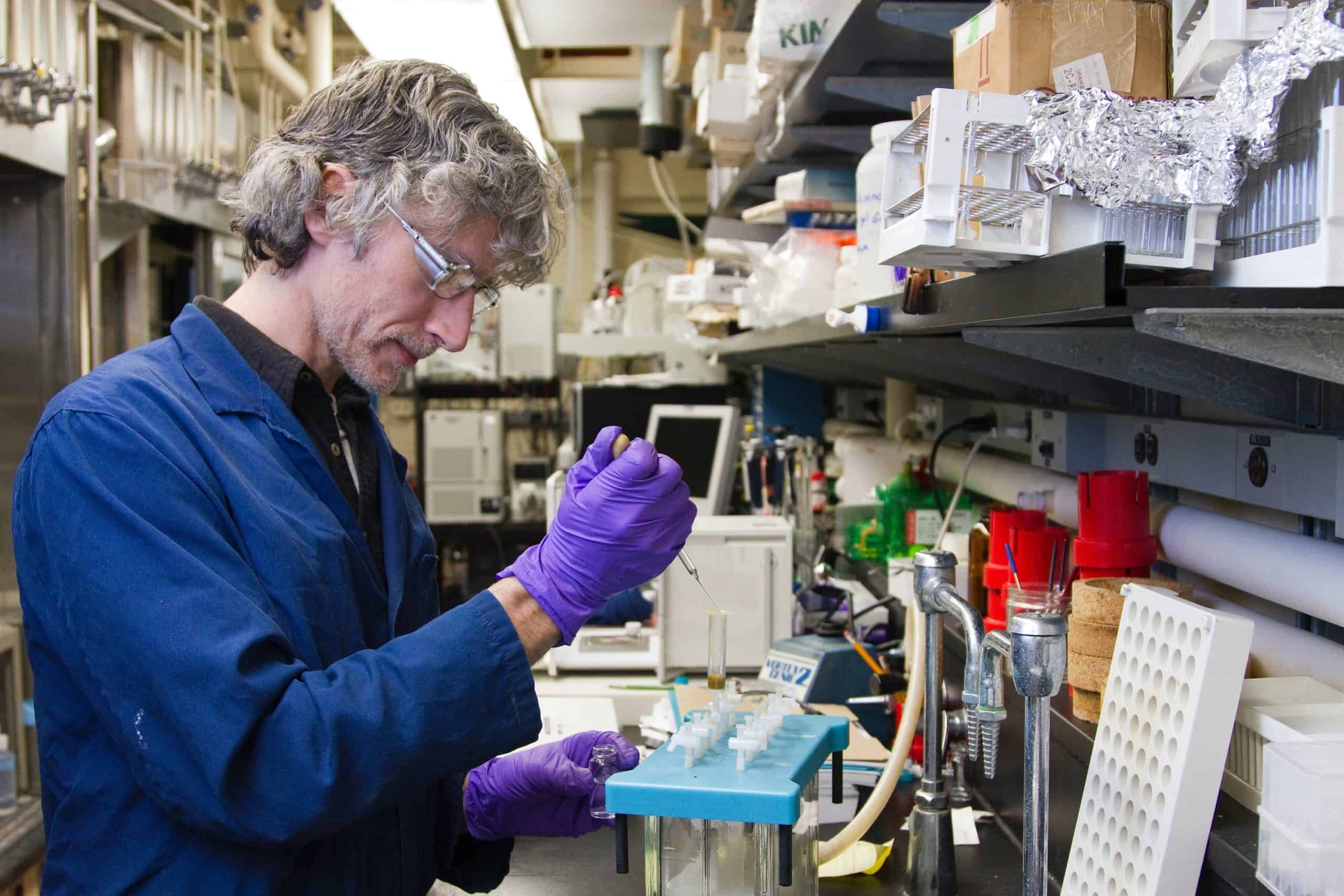
Biological Factors
Depression is a complex mental health condition with various causes involving biological, environmental, and psychological factors.
On a biological level, an imbalance in neurotransmitters like serotonin, norepinephrine, and dopamine can disrupt the brain’s communication pathways, impacting mood regulation and contributing to depression.
Additionally, changes in the brain’s structure and function, including the hippocampus, amygdala, and prefrontal cortex, have been observed in individuals with depression.
Environmental Factors
Environmental factors can also play a significant role in the development of depression. Stressful life events, such as the loss of a loved one, relationship problems, financial difficulties, or job-related stress, can trigger or exacerbate depressive symptoms.
Chronic stress, such as ongoing exposure to high levels of stress without adequate coping mechanisms, can also contribute to the onset of depression. Childhood adversity, such as experiencing abuse, neglect, or instability in early life, has been linked to an increased risk of depression later in life.
Psychological Factors
Psychological factors contribute to the development and maintenance of depression. Certain personality traits, including low self-esteem, pessimism, perfectionism, and a negative self-image, can make individuals more susceptible to depression.
Cognitive Factors
Cognitive factors, such as distorted thinking patterns, negative automatic thoughts, and a tendency to ruminate on negative experiences, can perpetuate and intensify depressive symptoms. Furthermore, having co-occurring mental health conditions like anxiety disorders, substance abuse, or eating disorders can complicate and exacerbate depressive symptoms.
It’s important to understand that the causes of depression are often complex and interrelated. Multiple factors can interact, influencing an individual’s vulnerability to depression. It’s also important to note that not everyone with risk factors will develop depression, and individuals without apparent risk factors can still experience depression.
Does Depression Cause OCD?
It is still unknown what are the precise causes of OCD. Although numerous studies have been conducted regarding this matter, no definite research suggests a sole purpose of OCD.
So No, depression does not cause OCD. The First part of the Is OCD A Form Of Depression has been answered.
Take our newly integrated OCD Quiz to learn more about your symptoms!
Treatment methods of Depression
Depression is amongst the most treatable mental health conditions out there. A rough estimate of 78% – 90% of people diagnosed with depression respond exceptionally well to treatment.
Here are the treatment methods commonly used for depression:
Psychotherapy
- Cognitive Behavioral Therapy (CBT): Focuses on identifying and changing negative thought patterns and behaviors that contribute to depression.
- Interpersonal Therapy (IPT): Addresses interpersonal conflicts and aims to improve relationships.
- Psychodynamic Therapy: Explores unconscious patterns and unresolved issues from the past.
Medication
- Antidepressant Medications: Selective Serotonin Reuptake Inhibitors (SSRIs) and Serotonin-Norepinephrine Reuptake Inhibitors (SNRIs) are commonly prescribed to regulate neurotransmitter levels.
Brain Stimulation Therapies:
- Electroconvulsive Therapy (ECT): Administers controlled electrical currents to the brain under anesthesia, often used for severe, treatment-resistant depression.
- Transcranial Magnetic Stimulation (TMS): Uses magnetic fields to stimulate specific brain regions associated with depression.
Lifestyle Changes:
- Regular Exercise: Engaging in physical activity has antidepressant effects by boosting mood and reducing symptoms.
- Healthy Diet: Consuming a balanced diet with fruits, vegetables, whole grains, lean proteins, and omega-3 fatty acids supports overall well-being.
- Sufficient Sleep: Establishing a consistent sleep routine and practicing good sleep hygiene helps regulate mood.
- Stress Management: Learning stress reduction techniques, such as mindfulness meditation or deep breathing exercises, can improve mental well-being.
Treatment plans are individualized, and a combination of these approaches is often most effective. Seeking guidance from healthcare professionals, such as psychiatrists, psychologists, or therapists, ensures appropriate treatment selection and ongoing monitoring to achieve the best outcomes for managing depression.
Related Article(s) – What Will Happen if OCD is Left Untreated?
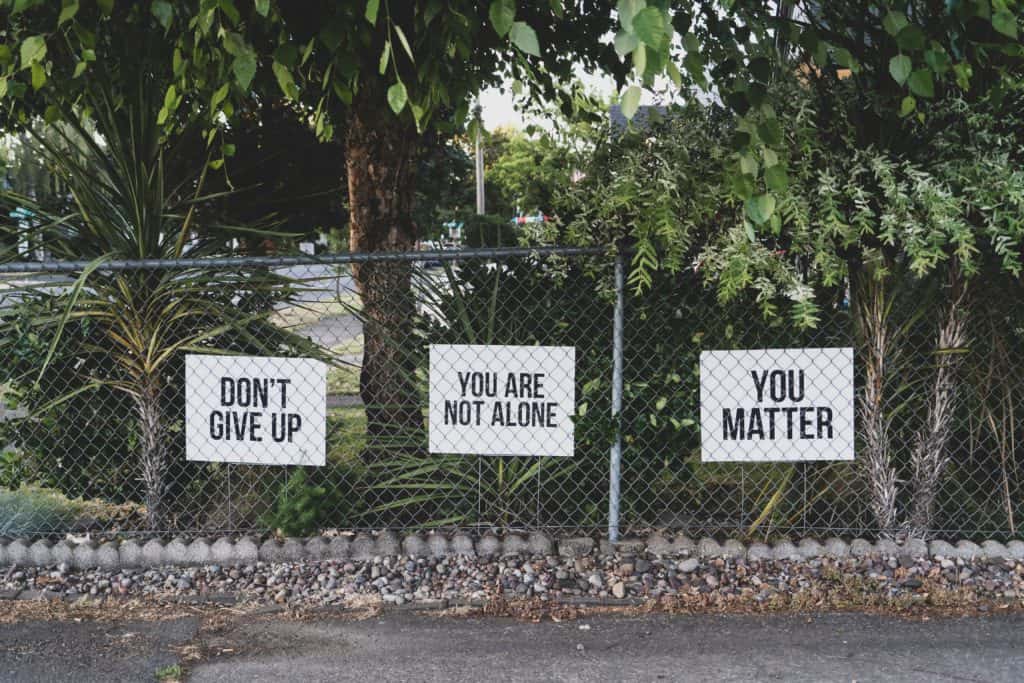
What is OCD
Obsessive compulsive disorder or OCD is a mental health illness in which an individual experiences two fundamental symptoms known as obsessions and compulsions.
Obsessions are any unwanted, undesired, random thoughts/mental images and/or feelings that cause stress and anxiety. Furthermore, compulsions are the reactions to said obsessions.
Compulsions consist of actions and behaviors resulting from obsessions. For example, asking reassurance from a loved one that you locked the door.
Related Article(s) – The 5 Essential Symptoms Of OCD
Does OCD Cause Depression?
Obsessive-Compulsive Disorder (OCD) and depression are two distinct mental health disorders. However, they can coexist and influence each other in various ways. While OCD itself does not directly cause depression, the chronic and distressing nature of OCD symptoms can contribute to the development of depressive symptoms.
Here are some ways in which OCD and depression can interact:
Impact on Daily Life
OCD can significantly disrupt daily functioning and lead to significant distress. The constant presence of obsessions and compulsions can create a sense of hopelessness, frustration, and sadness, which can contribute to the onset of depression.
Negative Thought Patterns
Both OCD and depression involve negative thinking patterns. People with OCD often experience intrusive and distressing thoughts (obsessions) that trigger anxiety. These thoughts may be accompanied by a need to perform certain repetitive behaviors (compulsions) to alleviate anxiety.
The relentless nature of these thoughts and the perceived inability to control them can lead to feelings of guilt, shame, or self-blame, which are also common in depression.
Social and Occupational Impairment
OCD symptoms can interfere with social relationships, work, and daily activities. Difficulties in maintaining relationships, fulfilling responsibilities, or participating in enjoyable activities due to the demands of OCD can contribute to feelings of isolation, loss of interest, and sadness—symptoms commonly associated with depression.
OCD and depression may involve shared neurobiological factors, such as abnormalities in certain brain regions or neurotransmitter imbalances. These commonalities could contribute to the co-occurrence or interaction between the two disorders.
It’s worth noting that not everyone with OCD will develop depression, and not everyone with depression will have OCD. However, if an individual with OCD experiences persistent feelings of sadness, loss of interest, hopelessness, or other symptoms of depression, it is important to seek professional help. Mental health professionals can provide an accurate diagnosis and develop a comprehensive treatment plan that addresses both OCD and any co-occurring depressive symptoms.
Treatment of OCD
The treatment of Obsessive-Compulsive Disorder (OCD) typically involves a combination of therapy, medication, and self-help strategies.
Here are some common treatment methods used for OCD:
Cognitive-Behavioral Therapy (CBT)
CBT is considered the most effective form of therapy for OCD. One specific type of CBT called Exposure and Response Prevention (ERP) is often used. ERP involves exposing the individual to their obsessions (thoughts, images, or situations that trigger anxiety) and preventing the accompanying compulsive behaviors. Through repeated exposures, individuals learn to tolerate the anxiety without resorting to their compulsions. CBT also helps individuals challenge and modify their obsessive thoughts and develop healthier coping strategies.
Medication
Selective serotonin reuptake inhibitors (SSRIs), such as fluoxetine, sertraline, and fluvoxamine, are commonly prescribed medications for OCD. These medications work by increasing serotonin levels in the brain and can help reduce OCD symptoms. Sometimes, other types of antidepressants or antianxiety medications may be used in combination with SSRIs.
Deep Brain Stimulation (DBS)
In severe cases of OCD that do not respond to other treatments, deep brain stimulation may be considered. DBS involves surgically implanting electrodes in specific areas of the brain to modulate abnormal neural activity and reduce OCD symptoms. It is generally reserved for individuals who have not experienced relief from other treatment methods.
Support Groups
Joining support groups or participating in group therapy can provide individuals with OCD a sense of community and understanding. Sharing experiences and learning from others who have similar struggles can be helpful in managing OCD symptoms.
Lifestyle Modifications
Engaging in self-help strategies and making lifestyle modifications can complement professional treatment. This may include stress management techniques, regular exercise, maintaining a balanced diet, practicing relaxation techniques, and ensuring adequate sleep.
Psychoeducation and Self-Help Resources
Learning about OCD, its symptoms, and treatment options can be empowering. Psychoeducation helps individuals understand their condition and develop insight into their thoughts and behaviors. Self-help resources, such as books, online resources, and mobile applications specific to OCD, can provide additional support and strategies for managing symptoms.
It’s important to remember that treatment for OCD should be tailored to the individual’s specific needs and may require a trial-and-error process to find the most effective approach. It is recommended to work closely with a mental health professional, such as a psychiatrist or psychologist, who specializes in treating OCD to develop a comprehensive treatment plan.
Related Article(s) – Can Art Therapy Help OCD?
Relationship Between Depression And OCD
Obsessive Compulsive – Disorder and Depression are more alike than you may thought. Repetitive and intrusive cognitive behaviors are both central symptoms to patients of OCD and MDD. Although they are differences, the similarities outweigh them by far.
Individuals who suffer from depression tend to experience long periods of sadness and extended feelings of emptiness. Moreover, Depression limits the functionality of an individual much like how obsessions and compulsions hinder overall quality of life in OCD.
Depression has been mostly linked to obsessions rather than compulsions. Depressive episodes are much like obsessions in which they cause stress and anxiety to the person who experiences them. Furthermore, biochemical changes also are affected during these episodes which may alter mood and actions.
The presence of OCD may contribute immensely to future depressive episodes or a general diagnosis of Major Depressive Disorder. Depression is a common Comorbid disorder associated with OCD.
Differences Between Depression And OCD
| Depression | OCD | |
| Intrusive Thoughts | Centered around depressive episodes | Centered around bad outcomes in the future |
| Recurring Actions | Extreme mood changes Extended periods of feeling empty/sad Long periods of loss in interest/ life has no meaning | Actions done to prevent imaginal events from happening Thoughts are illogical and are very unrealistic but they continue to cause pain More strict set of actions performed to release stress Greatly questions actions and is doubtful about anything and everything |
| Avoidance | Doing anything it their powers to avoid depressive episodes from occurring | Avoiding specific scenarios that may set off OCD symptoms and fears |
| Reasoning | Increased stress levels and traumatic events may trigger depressive episodes lasting many weeks | Trying to avoid and prevent feared imagined events and consequences |
Conclusion
In conclusion, Obsessive-Compulsive Disorder (OCD) is not considered a form of depression but is rather classified as an anxiety disorder. While both OCD and depression can co-occur and share some overlapping symptoms, they are distinct conditions with different diagnostic criteria and underlying mechanisms.
OCD is characterized by the presence of obsessions and compulsions that cause distress and significantly impact daily functioning. The obsessions are intrusive and unwanted thoughts, images, or urges, while the compulsions are repetitive behaviors or mental acts aimed at reducing anxiety or preventing perceived harm. The core of OCD revolves around anxiety and the need to alleviate it through specific rituals or mental rituals.
Depression, on the other hand, is a mood disorder characterized by persistent feelings of sadness, hopelessness, and a loss of interest or pleasure in activities. It involves a disturbance in mood, affect, and overall emotional well-being, often accompanied by other symptoms such as changes in appetite, sleep disturbances, fatigue, and difficulty concentrating.
While individuals with OCD may experience depressive symptoms as a result of the chronic distress and impairment caused by their obsessions and compulsions, it is crucial to differentiate between the two conditions. Accurate diagnosis is essential for appropriate treatment planning and intervention strategies. Effective treatment approaches for OCD typically involve cognitive-behavioral therapy (CBT), exposure and response prevention (ERP), and sometimes medication, targeting the anxiety component of the disorder.
It is important to consult with mental health professionals who can conduct thorough assessments and provide an accurate diagnosis. By recognizing the distinctions between OCD and depression, individuals can receive the most suitable treatment and support to address their specific needs and improve their overall well-being.
This post was all about Is OCD A Form Of Depression.

